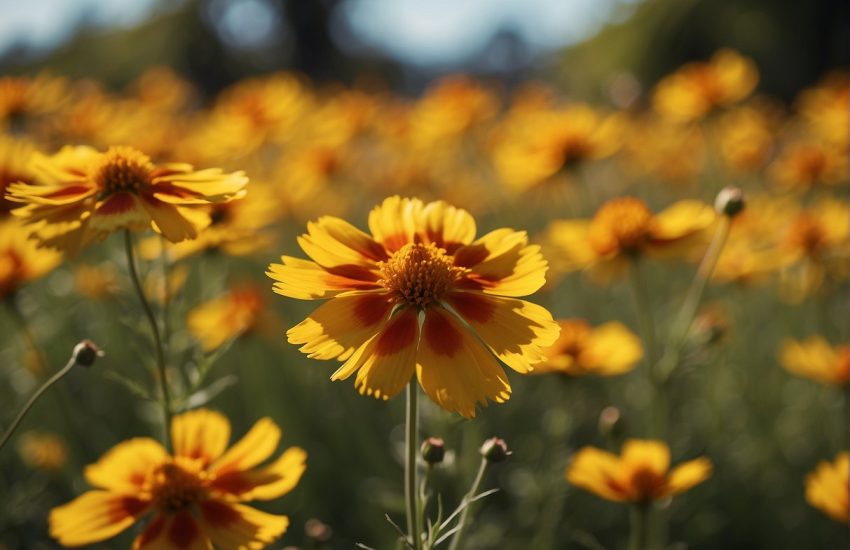Is Clover a Weed? Understanding the Classification and Uses of Clover Plants
Last updated: February 16, 2026
Clover is a common plant found in lawns and gardens across the world. While some people consider it a beneficial addition to their yards, others view it as a pesky weed that needs to be eradicated. The question of whether clover is a weed or not is a topic of debate among gardeners and lawn enthusiasts.
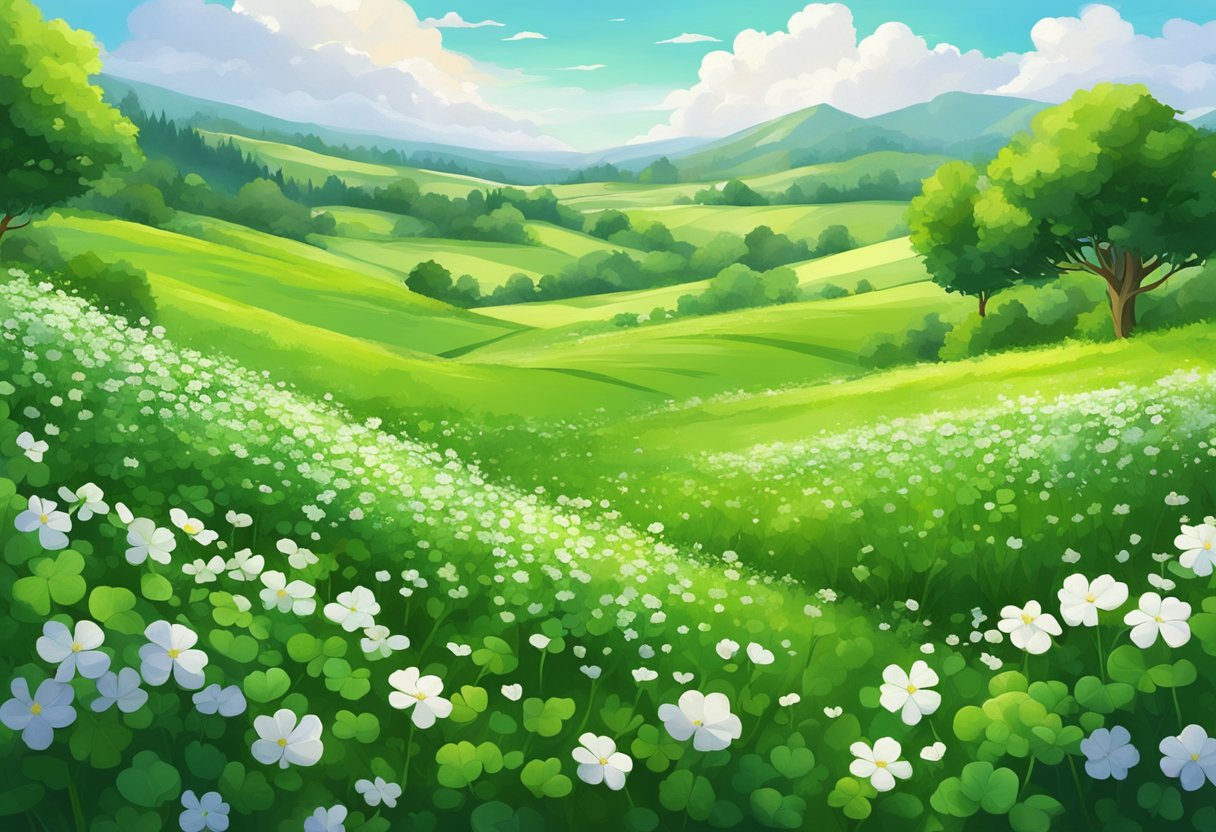
Clover is a member of the legume family and is known for its ability to fix nitrogen in the soil, which can be beneficial for other plants in the area. It also has a deep root system that can help to aerate the soil and improve drainage. However, some people consider clover a weed because it can spread quickly and take over a lawn, reducing the amount of grass in the area.
The classification of clover as a weed or not can depend on the individual’s perspective and goals for their lawn or garden. While some people may appreciate the benefits of clover, others may prefer a uniform grassy lawn and see clover as an unwanted intruder. Ultimately, the decision of whether to keep or remove clover from a lawn or garden is up to the individual and their personal preferences.
Understanding Clover
Botanical Profile
Clover is a common name for plants in the Trifolium genus, which belongs to the Fabaceae family. These plants are characterized by their three-leafed structure, which is why the name trifolium is used. Clover is a perennial plant that is often found in fields, lawns, and gardens. It has small flowers that are usually pink or white in color and attract pollinators such as bees and butterflies.
Varieties of Clover
There are many different varieties of clover, but the most commonly found ones are white clover and red clover. White clover is a low-growing plant that is often used as a groundcover in lawns. It has small white flowers and can be found in many different parts of the world. Red clover, on the other hand, is a taller plant that is often used as a forage crop for livestock. It has larger flowers that are usually pink or red in color.
Clover in Ecosystems
Clover is an important plant in many ecosystems because it provides food and habitat for a variety of beneficial insects such as bees, butterflies, and ladybugs. These insects play important roles in pollinating plants and controlling pest populations. Additionally, clover is a nitrogen-fixing plant, which means that it can take nitrogen from the air and convert it into a form that plants can use. This makes it an important plant in agriculture because it can help improve soil fertility and reduce the need for synthetic fertilizers.
In conclusion, understanding clover is important because it is a valuable plant in many different ecosystems. Whether you are a gardener looking to attract pollinators or a farmer looking to improve soil fertility, clover is a plant that should not be overlooked.
Clover as a Lawn Plant
Clover is a common plant found in lawns, and it has been a topic of debate whether it is a weed or a beneficial plant for lawns. In this section, we will explore the benefits of clover in lawn care, compare it to grass species, and discuss ways to manage clover in lawns.
Benefits in Lawn Care
Clover is a low-maintenance and drought-tolerant plant that can add nitrogen to the soil, making it a great organic fertilizer for grass lawns. It can also help to keep lawns green during dry periods by retaining moisture in the soil. In addition, clover is a good ground cover that can help to prevent soil erosion and reduce weed growth.
Clover vs. Grass Species
Clover is often compared to grass species in terms of its ability to create a green lawn. While grass is the traditional choice for lawn cover, clover has some advantages over grass. For example, clover requires less water than grass, and it can tolerate a wider range of soil types. Additionally, clover is not as susceptible to disease or insect damage as some grass species.
Managing Clover in Lawns
If you want to have a clover lawn, you can either mix clover seed with grass seed or use micro-clover or Dutch clover, which are small clover varieties that can be used as a lawn cover. However, if you already have a grass lawn and want to add clover, it is important to note that clover can compete with grass for nutrients and water. To manage clover in lawns, you can mow it regularly to prevent it from flowering and spreading, or use an organic herbicide to control its growth.
Overall, clover can be a beneficial plant for lawns, but it is important to consider the specific needs of your lawn and the potential drawbacks of adding clover before making a decision.
Identifying Clover as a Weed
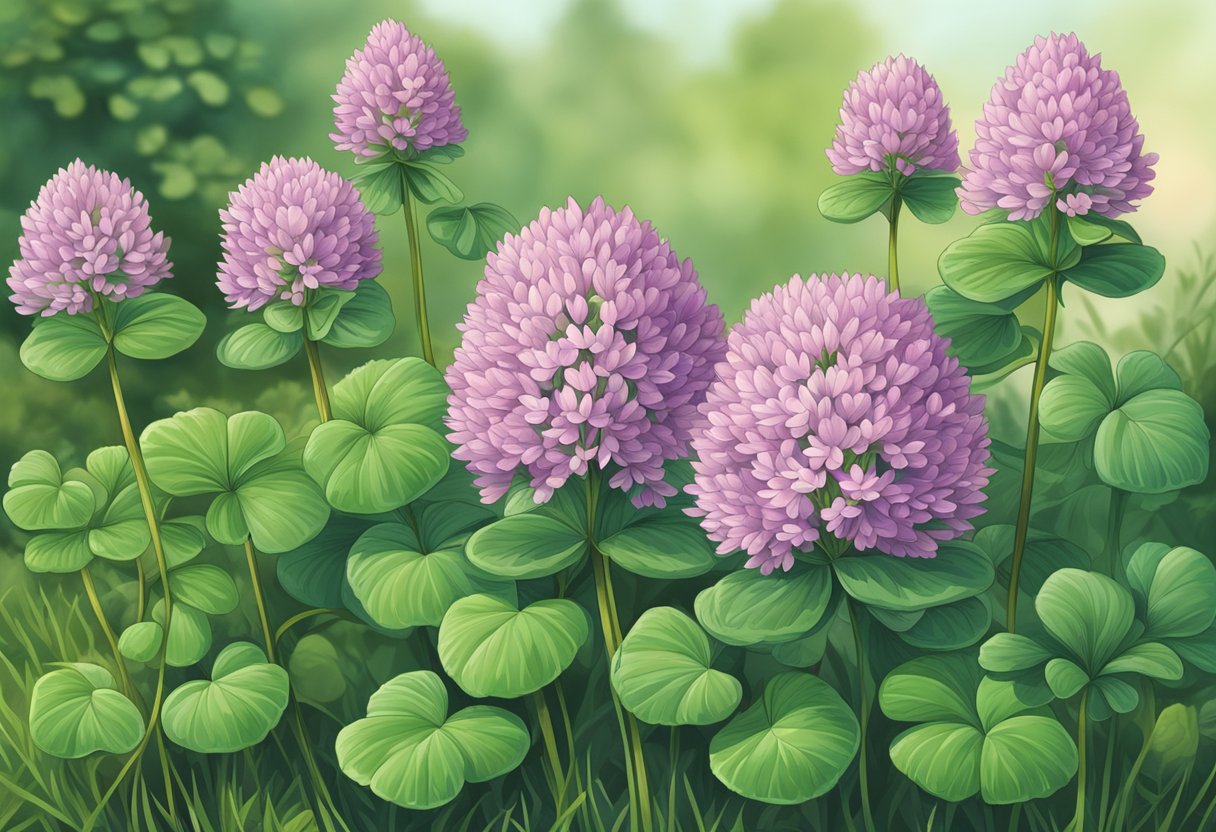
Clover is a common weed found in lawns, fields, and ditches. While some people may consider it a desirable plant, others view it as a nuisance that needs to be removed. In this section, we will explore the characteristics of clover weeds and the most common types found in landscaping.
Characteristics of Clover Weeds
Clover weeds are broadleaf perennials that can grow up to 8 inches tall. They have three leaflets that are typically green, but can also be variegated or have a purplish tinge. Clover weeds produce small white or pink flowers that bloom in the summer.
One of the key characteristics of clover weeds is their ability to fix nitrogen in the soil. While this can be beneficial in some cases, it can also lead to over-fertilization and nutrient imbalances in the soil.
Common Clover Weeds in Landscaping
The two most common types of clover weeds found in landscaping are white clover (Trifolium repens) and red clover (Trifolium pratense). White clover is often found in lawns and can be identified by its small white flowers and low-growing habit. Red clover, on the other hand, is typically found in fields and ditches and has larger, more vibrant flowers.
Both white and red clover can be difficult to control, as they have deep root systems and can quickly spread through underground runners. However, there are several methods for managing clover weeds, including hand-pulling, mowing, and herbicide applications.
Overall, while clover may have some benefits, it is important to identify it as a weed when it begins to interfere with the growth of desired plants. By understanding its characteristics and common types, homeowners and landscapers can take steps to manage clover and maintain a healthy, balanced landscape.
Cultivation and Control
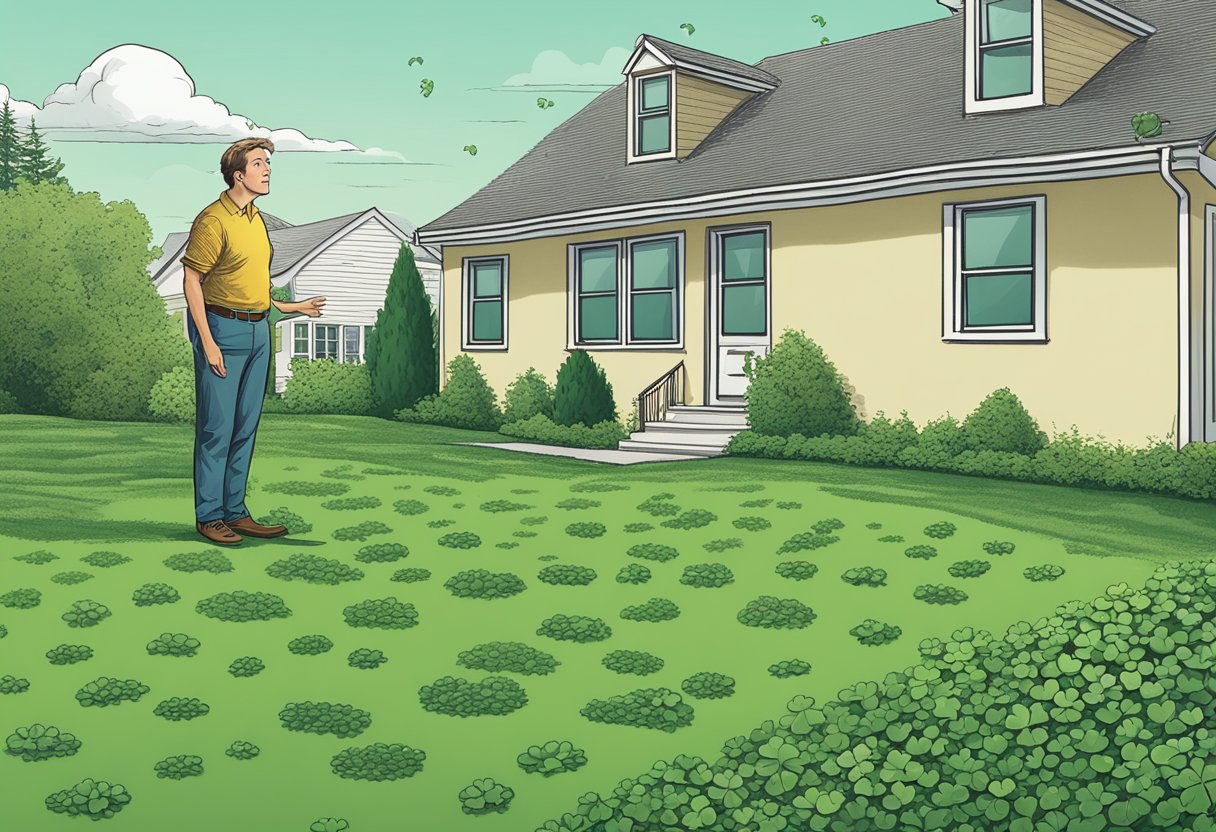
Growing a Clover Lawn
Clover can be deliberately grown as a lawn alternative, as it is drought-tolerant and requires less maintenance than traditional grass lawns. To grow a clover lawn, one can either plant clover seeds or mix clover seeds with grass seeds. Clover seeds require good soil contact, so it is recommended to rake the soil and remove any debris before planting. The seeds should be watered regularly until they germinate, which can take up to two weeks. Once the clover is established, it requires less watering than grass and can be mowed to a height of 2-3 inches.
Controlling Clover Spread
Clover can spread quickly and become invasive if not controlled. To prevent clover from spreading, it is important to remove any flower heads before they go to seed. Mowing regularly can also help prevent the spread of clover. Additionally, it is recommended to avoid over-fertilizing the lawn, as this can encourage clover growth.
Organic and Chemical Control Methods
If clover becomes a problem, there are several organic and chemical control methods available. Organic methods include using vinegar or corn gluten as a pre-emergent herbicide to prevent clover seeds from germinating. Another organic method is to hand-pull the clover plants, making sure to remove the entire root system. Chemical herbicides, such as broadleaf herbicides containing dicamba, mecoprop, triclopyr, or 2,4-D, can also be used to control clover. It is important to choose a selective herbicide that targets clover and not other plants in the lawn. Pre-emergent herbicides can also be used to prevent clover seeds from germinating. However, it is important to follow the instructions carefully and use chemical herbicides responsibly.
Environmental Considerations
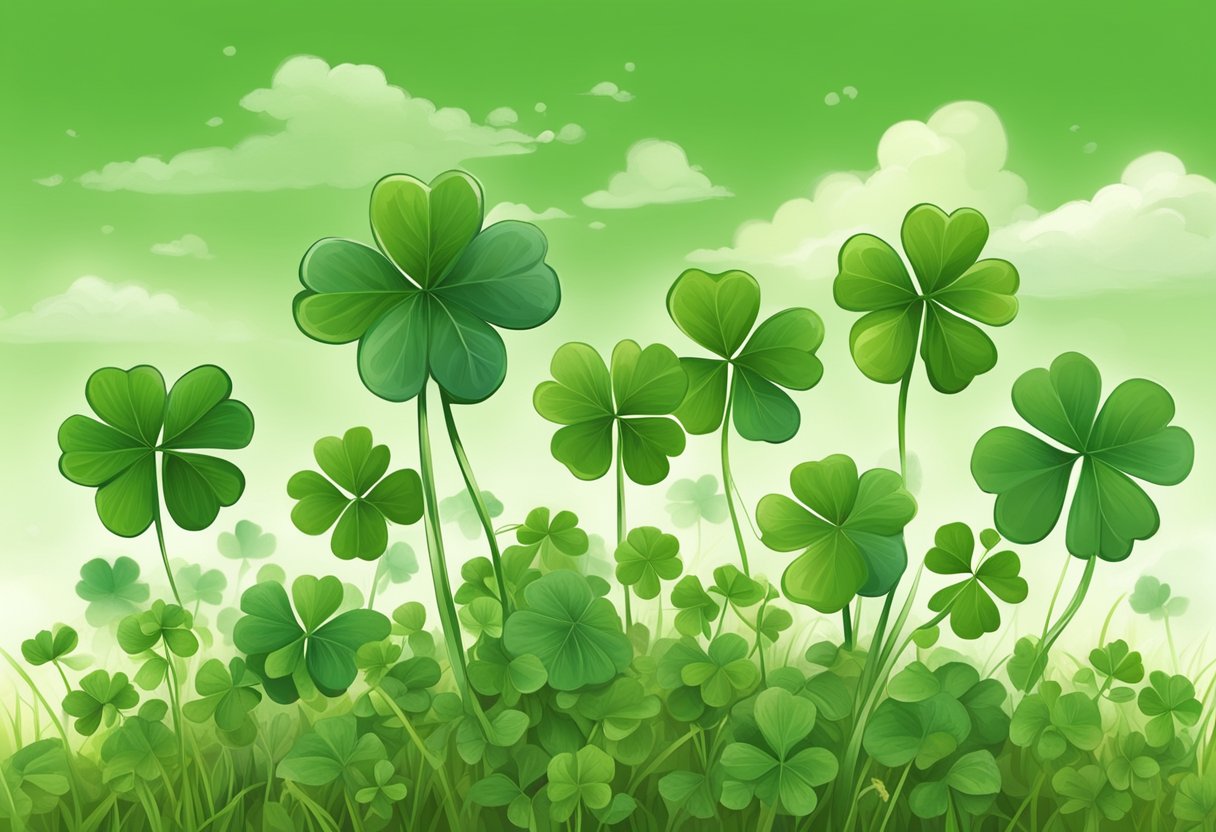
Eco-Friendly Approaches
Clover is often considered a weed because it can quickly spread and take over lawns and gardens. However, it also has some benefits for the environment. Clover is a nitrogen-fixing plant, which means it can help improve soil health by adding nitrogen back into the soil. This can reduce the need for synthetic fertilizers, which can be harmful to the environment.
There are several eco-friendly approaches to dealing with clover in lawns and gardens. One approach is to simply tolerate it and allow it to grow. Clover can provide a natural source of food for bees and other pollinators, which is important for maintaining healthy ecosystems. Another approach is to manually remove clover from specific areas and replace it with native plants that are better suited to the local environment.
Impact on Wildlife and Biodiversity
Clover can also have an impact on wildlife and biodiversity. It provides a source of food and habitat for many beneficial insects, such as bees and butterflies. However, clover can also compete with other plants for resources, which can lead to a reduction in biodiversity.
In areas with drought conditions, clover can be beneficial because it requires less water than traditional lawns. However, in areas with ample rainfall, clover can spread quickly and become invasive. This can lead to a reduction in biodiversity and a decrease in the number of native plant species.
Overall, the impact of clover on the environment depends on the specific context and the management practices used. By using eco-friendly and organic solutions, it is possible to minimize the negative impact of clover and maintain healthy ecosystems that support a wide range of wildlife and pollinators.
Practical Tips for Homeowners

Lawn Maintenance Regimen
Maintaining a healthy lawn is the best way to prevent clover from taking over. Homeowners should follow a regular lawn maintenance regimen that includes mowing, watering, and fertilizing. Mowing the lawn regularly helps to prevent clover from spreading by cutting off the blooms before they have a chance to form seeds. Watering the lawn deeply but infrequently encourages deep root growth, which helps to compete with clover for nutrients. Fertilizing the lawn with a balanced fertilizer that contains nitrogen, phosphorus, and potassium helps to promote healthy grass growth and discourage clover growth.
Remedies for Common Clover Issues
If clover has already taken over the lawn, there are several remedies that homeowners can try. One option is to remove the clover by hand, which can be time-consuming but effective. Another option is to use an herbicide that is specifically designed to kill clover. Homeowners should be careful when using herbicides and follow the instructions carefully to avoid damaging the lawn or other plants. A third option is to overseed the lawn with a grass seed mix that contains microclover, a variety of clover that is smaller and less invasive than traditional clover. Microclover can help to improve soil health and provide natural nitrogen fertilization for the lawn.
In addition to these remedies, homeowners can take steps to prevent clover from becoming a problem in the first place. Choosing grass seed blends that are well-suited to the growing season and climate can help to ensure a healthy lawn that is less susceptible to clover invasion. Aeration can also help to improve soil health and reduce the likelihood of clover growth, especially in areas with heavy foot traffic or poor soil. By following these practical tips, homeowners can maintain a healthy lawn and keep clover at bay.
Frequently Asked Questions
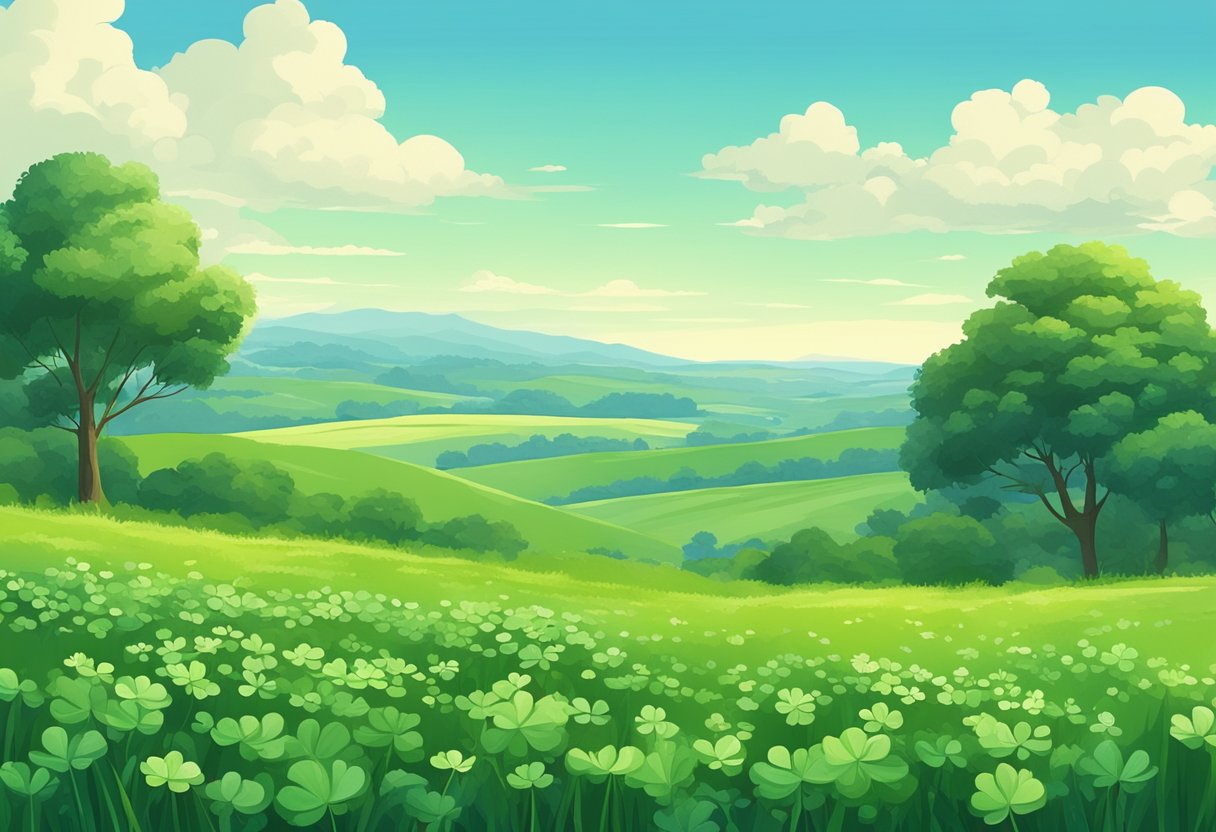
What are the benefits of having clover in the garden?
Clover is a nitrogen-fixing plant, which means that it can help to enrich the soil by converting atmospheric nitrogen into a form that plants can use. This can reduce the need for fertilizers and improve the health of other plants in the garden. Additionally, clover can attract pollinators such as bees and butterflies, which can benefit the overall health of the garden.
How can I effectively remove clover without harming my grass?
There are several ways to remove clover from a lawn or garden without harming other plants. One method is to manually pull the clover out by hand, being careful to remove as much of the root system as possible. Another option is to use an herbicide that is specifically designed to target clover while leaving other plants unharmed. It is important to follow the instructions carefully when using any type of herbicide.
Can clover be considered an invasive species in lawns and gardens?
Clover is not typically considered an invasive species, as it does not tend to spread aggressively or outcompete other plants. However, in some cases, clover can become too dominant in a lawn or garden, which may require management to prevent it from taking over.
Is it advisable to leave clover in the lawn for ecological reasons?
Leaving clover in the lawn can be beneficial for ecological reasons, as it can help to support pollinators and improve soil health. However, it is important to consider the specific needs of the lawn and garden, as well as any potential negative impacts that clover may have on other plants.
Are there any edible varieties of clover, and are they safe to consume?
There are several varieties of clover that are edible, including red clover and white clover. These plants can be used in salads, smoothies, and other recipes. However, it is important to ensure that the clover has not been treated with any pesticides or other chemicals before consuming it.
Does clover fall under the category of broadleaf weeds?
Yes, clover is generally considered to be a broadleaf weed, as it has broad leaves rather than narrow, grass-like leaves. However, it is important to note that not all broadleaf weeds are harmful or undesirable, and some, like clover, can have beneficial properties.


